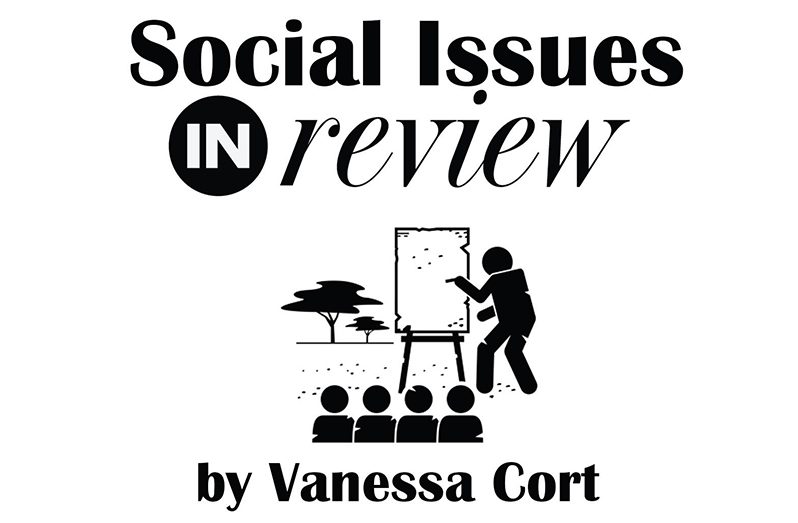“War in the east,
War in the west,
War up north,
War down south,
Everywhere is war!”
Never has this extract from Bob Marley’s iconic song, War, been truer than today.
Inspired by Emperor Haile Selassie’s address to the United Nations in 1963, these lyrics, in particular, accurately describe the state of affairs in our world today.
According to the Geneva Academy of International Humanitarian Law and Human Rights, there are more than 110 armed conflicts taking place currently, and the most affected region is the Middle East and North Africa.
The majority are termed “non-international”, involving “a multitude of non-state actors and foreign intervention by Western powers…”
One such conflict has been ongoing in Yemen for over a decade now, with various factions fighting for control. Meanwhile, the humanitarian crisis is appalling, as the groups involved, at one time or another, have prevented aid from reaching those desperately in need.
A similar situation exists in the Sudan, with widespread death and destruction, many succumbing to starvation and preventable diseases, as the World Food Programme (WFP) struggles to distribute aid to a suffering population.
Recently, the Israel-Palestine War has been claiming media attention, as the Israeli Defence Force (IDF) continues to bombard Palestine, dropping bombs at will and causing massive destruction and mounting deaths.
The war, which is raging on, has seen the IDF systematically decimate the Gaza Strip in an attempt to wipe out the terrorist group, Hamas, which launched the initial offensive against Israel back in 2023.
Ironically, as Israel claims Hamas members are hiding everywhere, they have resorted to bombing schools and hospitals. This action directly contravenes the Geneva Conventions, expressly established to protect civilians and those not directly involved in a war.
The suffering and loss of life are incalculable, and the pictures coming out of the region, showing dying and injured children, are horrendous.
In Europe, the Russia-Ukraine War, which began three years ago, marks a major escalation in a conflict which began back in 2014. Over a million are now injured or dead, and there has been major destruction in both countries.
And as these and other conflicts rage on, the death toll continues to rise, but what cannot be calculated is the mental health cost to those who survive.
Many have witnessed partners, parents, children, siblings, and relatives die. They live with the sound of bombs and guns, and the constant specter of death, not knowing whether the next incendiary device or bullet will cause their own death.
Hundreds of thousands have been forced to flee their homes and countries, living in refugee camps, where insanitary conditions lead to rampant infections, illnesses and eventual death.
In a review, the Stastisa Research Department declared, “Recent years have seen a series of high-intensity and far-reaching conflicts dominate global affairs… the largest impacts are felt in terms of human loss, suffering and destruction – hundreds of thousands have been directly killed in the conflicts of the 2020s… high levels of destruction mean some regions may never fully recover”.
It is small wonder then that within nations, violence is also becoming more widespread. For, as Carl von Clausewitz, a military leader of the former Kingdom of Prussia, put it: “War is an act of violence pushed to its utmost limits”.
DISCLAIMER: The views and opinions expressed in this column are solely those of the author and do not necessarily reflect the official policy or position of the Guyana National Newspapers Limited.


.jpg)











